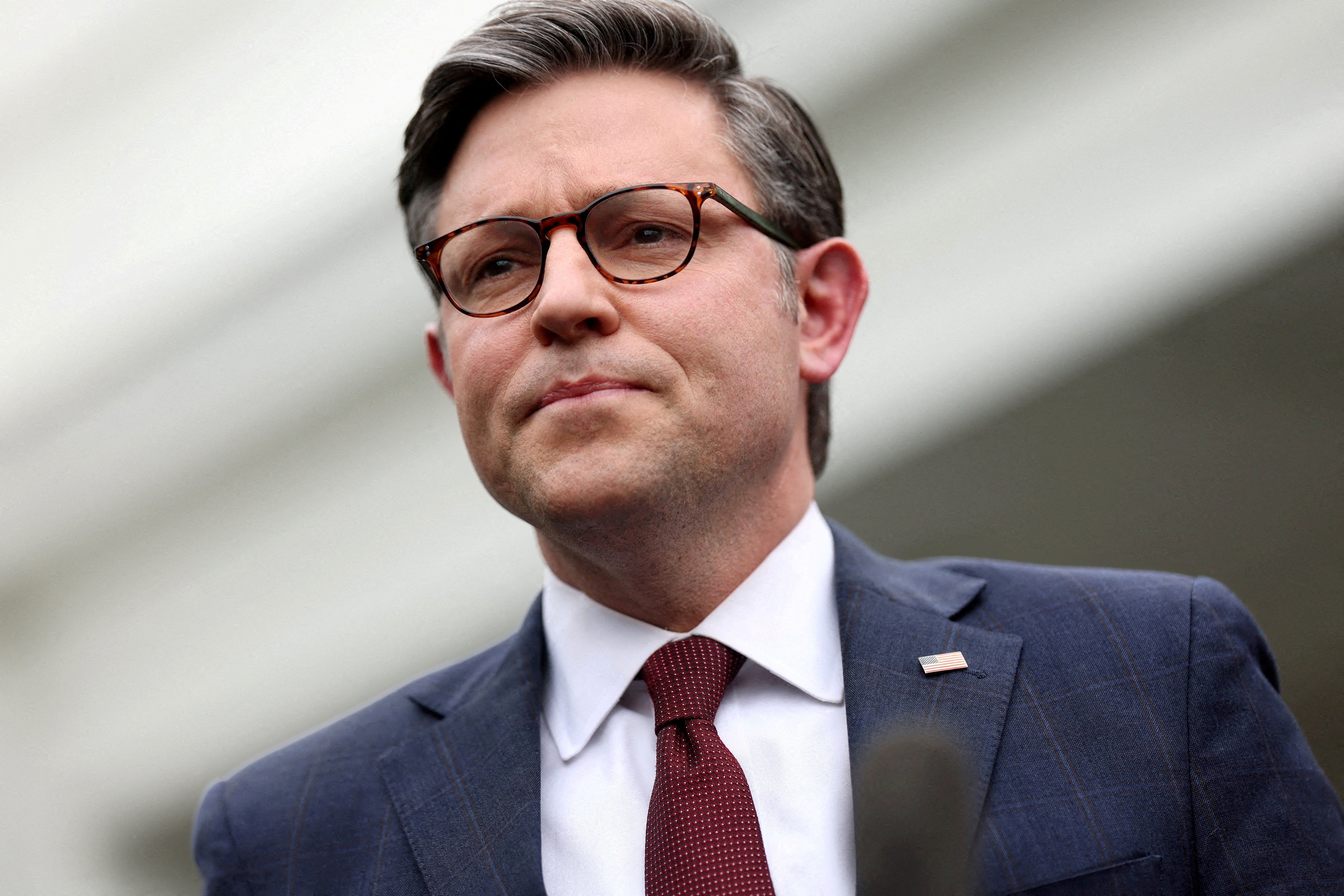For months, we’ve all wondered how US House Speaker Mike Johson was going to square this circle: The Biden administration, most Democrats, and much of the GOP establishment want more aid for Israel and Ukraine, while hardliners in Johnson’s own Republican Party, led by Georgia congresswoman Marjorie Taylor Greene, say foreign wars aren’t America’s business and that border security is more important.
Now we know. The Louisiana Republican plans to break that unsquarable circle into a handful of little strips (this metaphor ends here, we promise) – crafting country-specific aid bills for Israel, Ukraine, and Taiwan.
The move may skirt a right-wing rebellion in Congress, but it’s a rebuke to the White House, which had called for Johnson to simply take up a version of a bipartisan Senate bill from February, which earmarked $95 billion for Israel and Ukraine.
Johnson thinks he can get the split-up bills passed as soon as this week, but we’re watching to see if his separate-but-equal strategy provokes a backlash from Democrats, whose support he needs to bring these new bills to a vote in the Senate.
